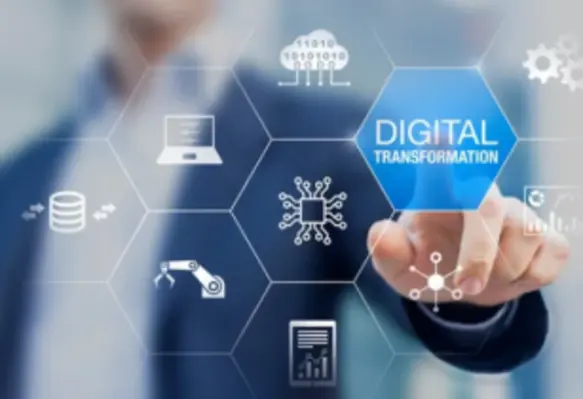The November 2022 Ericsson Mobility Report estimates that in 2028, monthly data traffic per smartphone in Sub-Saharan Africa will increase to 18 GB per month with mobile subscriptions in the region to top 9.2 billion
Digitalisation in Africa is poised to transform the ecosystem, advance sustainable development and create opportunities for all by improving livelihoods, promoting financial inclusion and facilitating access to health, education and government services.
Mobilising technology leadership to serve Africa’s needs
Growing the availability of 4G networks is key to accelerate the digitalisation in Africa. One of the most important enablers to accelerate 4G adoption is smartphone affordability. By having the right strategies to make 4G devices more affordable, combined with the right digital services, we will accelerate connectivity.
In addition to addressing the challenges of coverage and penetration, rural areas in Africa also require innovative solutions to bridge the digital divide. Ericsson recognises the importance of rural connectivity and has been actively developing solar-powered rural site solutions that require minimum civil works to extend network coverage and enhance connectivity in remote areas. This includes our suite of advanced radio technologies that bring significant benefits, including reduced energy consumption, lighter weight, smaller volume, faster installation times, and fewer cabling requirements.
Empowering local talents and bridging the digital divide
One of the company's initiatives was launched in-light to support young talents in 'Ericsson Graduates Program'. This programme provides fresh graduates with the opportunity to participate in on-the-job, online, and classroom learning, similar to an internship. Upon completion of the program, successful candidates will have the chance to become full-time employees and join the Ericsson world.
When it comes to bridging the digital divide, ‘Connect To Learn’ initiative, which leverages ICT technologies to provide equitable access to quality education in underserved regions, has reached to date over 400,000 students located across 36 countries globally.
Enabling financial inclusion
Another area to accelerate digitalisation and reap the benefits towards prospering Africa’s people and society is enabling financial inclusion and Mobile Money here has emerged as a transformative force, capable of greatly impacting financial inclusion across the continent. Ericsson’s wallet platform, our solution for Fintech services, enables consumers to be part of the digital economy in an easy, secure and safe way. One use case of how consumers have been leveraging this innovative service is the pay-as-you-go (PAYG) business model. This model makes products and services accessible to low-income consumers, allowing them to make incremental payments through mobile money. For example, they can use this model to acquire a solar household system that can power phone and radio charging, thereby tackling the electricity challenge. This has a significant social impact by enabling innovative models for energy, water and other services. Mobile solutions are becoming a tool to solve major challenges across the continent.
Inspiring action to accelerate digitalisation through collaborations
With digitalisation on the continent progressing rapidly, nations are working on setting regulatory frameworks in the ICT space that allow them to keep-up with the pace of digitalisation. In this context, Ericsson works with the African Telecommunications Union (ATU) on spectrum recommendations that support Africa’s transformation into a knowledge economy through the development of technologies that boost connectivity and innovation. Spectrum is the foundation for the telecoms industry, and we encourage regulators to continue making spectrum available on terms that are both affordable and relevant for optimal deployment of connectivity.
A promising future
To summarise, we are proud partners of Africa’s Communication Service Providers (CSPs) enabling them with Ericsson’s innovative and advanced technologies that suit the Africa landscape, while expanding their footprint into previously underserved areas. In addition, engaging the ecosystem and keeping the dialogue with the public and private sector while embracing an action-oriented mindset is key to helping unlock Africa’s tremendous potential without leaving anyone behind, and ushering in a new era of prosperity.






















